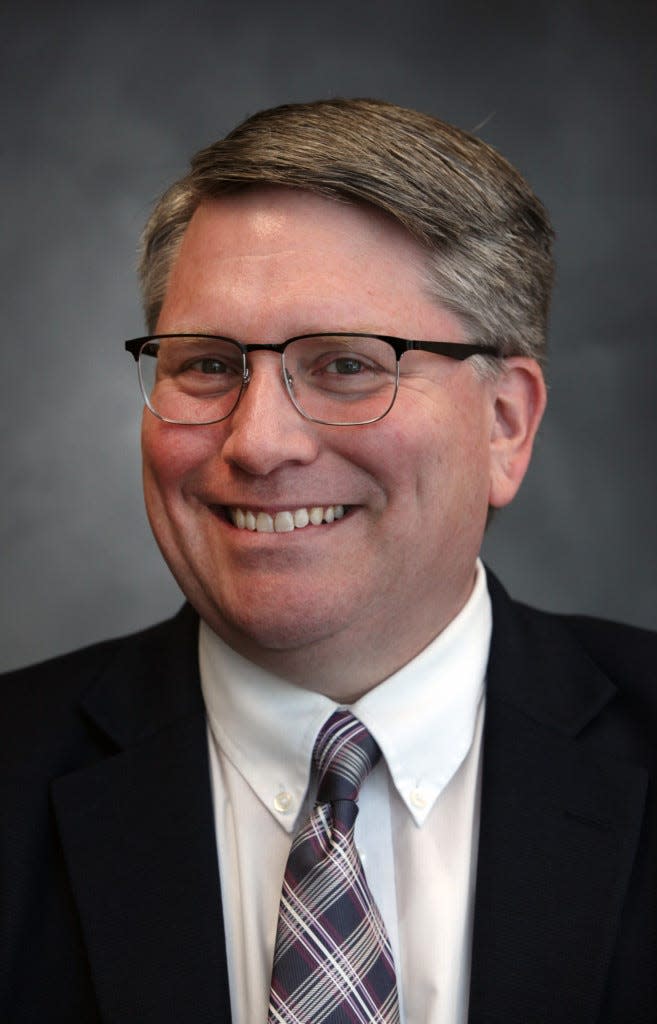Don’t blame families for exercising choice

Polk County Public Schools is the latest Florida school district to blame families choosing where to educate their children for their financial woes.
The Ledger last week reported that district officials say they will lose funding for the 2022-23 school year compared to this year because more students will be accessing nondistrict learning options using state- and donor-funded education choice scholarships.
Florida’s school districts could improve the quality of their services, but apparently they prefer forcing students to attend their schools or getting paid for students they are not teaching.
District officials project 5,887 students will use the scholarships in Polk County next school year, which is only 5% of the 116,000 students they estimate will attend district schools, and just 2% of the districts’ projected $2.2 billion budget (combined state and federal funding). And yet even this small number of families exercising educational freedom is too much.
The average amount of the state-funded Family Empowerment Scholarship this year is $7,000 – less than half of the $19,000 Polk County Public Schools will spend per pupil next year (116,000 projected students in a $2.2 billion budget). Taxpayers benefit from education choice programs also.
Scholarships would not be increasing if families didn’t want them. In a pluralistic nation of 330 million people, Americans increasingly have become accustomed to having more choices in their lives. Education choice is a natural progression of that social change.
Florida has been at the forefront of this transformation. For 20 years it has provided parents with more options in their children’s education, be it public, private, or homeschooling. Some families have always had these choices because they could afford them – they could move to a neighborhood and attend a zoned school that best fit their children’s needs, or they could pay out of pocket for private school tuition. Choice scholarships have helped level the playing field, ensuring that more families have the same opportunities regardless of their socio-economic status.
Today, approximately 48 percent of K-12 students in the state now participate in education choice programs -- some public, some private. In Miami Dade, over 70% of taxpayer funded students don’t attend their zoned district school.
Opponents’ persistent dire warnings that expanding choice will destroy public education have never materialized. In 2001, the year the tax credit scholarship debuted, Florida’s graduation rate was 54%. Today It’s 90%. The state has risen from being near the bottom of the nation in K-12 achievement at the beginning of the century to now ranking No. 3, according to Education Week, and No. 2 in AP exam success. It also ranks No. 1, No. 1, No. 3, and No. 8 on the four core tests of the National Assessment of Educational Progress, once adjusted for demographics.
Furthermore, a 2020 study published by the National Bureau of Economic Research found that as the tax-credit scholarship program grew, test scores rose, suspensions fell, and absentee rates dropped in the public schools most affected by the competition.
Instead of criticizing families, Polk’s district leaders should adopt the can-do attitude of former Miami-Dade Schools Superintendent Alberto Carvalho. Miami-Dade has the highest rate of private school enrollment of any big Florida school district, yet Carvalho embraced education choice. Under his leadership, Miami-Dade created the most diverse portfolio of district choice options in Florida.
“We recognized the tsunami of choice was upon us,” he told Florida Trend magazine in 2021, “and rather than be engulfed and annihilated by it, we chose to ride on top of it.”
Scott Kent is assistant director of strategic communications for Step Up For Students, a nonprofit that is Florida’s largest scholarship funding organization.
This article originally appeared on The Ledger: Don’t blame families for exercising choice

